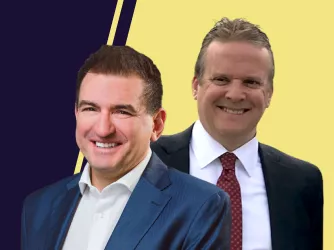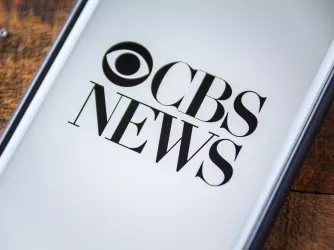Table of Contents
Today’s ‘Campus Alert’: Don’t Laugh Too Hard
Our weekly Campus Alert column in the New York Post focuses today on speech codes at Drexel University, Northeastern University, and Johns Hopkins University—all of which have been named FIRE’s Speech Code of the Month for banning constitutionally protected expression on their respective campuses.
Drexel, which was given the dubious honor of being recognized as FIRE’s Speech Code of the Month for September 2006, prohibits not only “inconsiderate jokes,” but also “inappropriately directed laughter.” So students can be punished not only for telling a joke some may find offensive, but also merely for laughing at one. Not so funny when you think about it.
Northeastern prohibits sending e-mail “which in the sole judgment of the University is offensive.” Surely there’s no potential for arbitrary enforcement or subjective interpretation there: just figure out what the administration would deem “offensive” and you’ll be fine, right?
Meanwhile, FIRE’s 2006 Censor of the Year, Johns Hopkins University, bans “rude, disrespectful behavior,” which—as we point out in Campus Alert—“sounds more suited to Victorian-era England than it does to a major institution of higher learning in 2007.”
Although many think campus speech codes are a thing of the past, these examples illustrate that the continued prevalence of speech codes on today’s campuses is a disturbing reality. As we noted in our column:
Speech codes on campus are laughably ridiculous until you realize they have a very serious side. They are so broad that they cannot possibly be enforced across the board—imagine the resources it would take to punish every instance of “inappropriately directed laughter” on campus. And they are incredibly common: between September 2005 and September 2006, we surveyed over 330 schools and found that an overwhelming majority of them—69 percent—explicitly prohibit speech that, outside the borders of campus, is protected by the First Amendment to the U.S. Constitution.
Speech codes are completely inconsistent with the role of the university as a “marketplace of ideas,” and are often used to stifle speech that the university or students simply dislike. Campus speech codes place a stranglehold on campus dissent and should be put to rest.
Recent Articles
FIRE’s award-winning Newsdesk covers the free speech news you need to stay informed.

On Mahmoud Khalil
Podcast
First Amendment lawyer and immigration lawyer join the show to discuss the arrest, detention, and possible deportation of green card holder Mahmoud Khalil. Timestamps: 00:00 Intro 00:53 Latest updates on Khalil 02:51 First Amendment...

Trump’s attack on law firms threatens the foundations of our justice system

Executive Watch: Trump’s weaponization of civil lawsuits — First Amendment News 462
